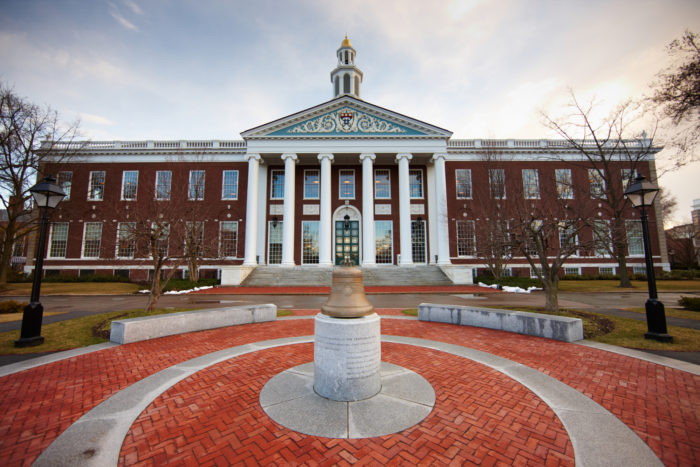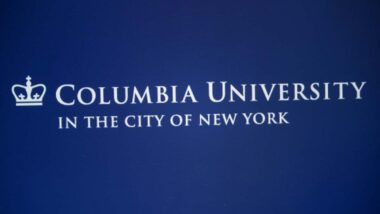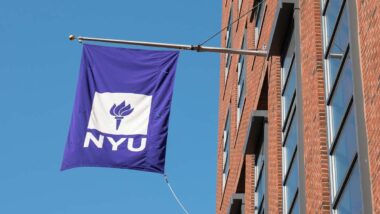Top Class Actions’s website and social media posts use affiliate links. If you make a purchase using such links, we may receive a commission, but it will not result in any additional charges to you. Please review our Affiliate Link Disclosure for more information.

Plaintiff Tamara L.’s lawsuit against one of the country’s most prominent universities has made headlines this week.
Her claim that Harvard University should relinquish its ownership over 19th century photos of an enslaved man and his daughter, and return the photos to family members has larger questions about to what degree a university should “benefit from the spoils of slavery.”
The Harvard University lawsuit claims that photos commissioned by a Harvard professor in 1850 of two slaves — a father and daughter, named Renty and Delia, should be returned to the subjects’ descendants.
Tamara claims that Harvard improperly obtained the images because they were taken without Renty and Delia’s consent. She argues that the images are “spoils of theft.”
She goes on to note that the university profits from the images in a number of ways, by using them for advertising and commercial purposes.
According to The New York Times, Tamara claims that “Harvard has perpetuated the hallmarks of slavery that prevented African-Americans from holding, conveying or inheriting personal property” by not returning the photos to Renty and Delia’s decedents.
Tamara argues that the university never really owned the images because the photos were taken without the consent of their subjects.
She also claims that as the university continues to own the images, Harvard is in violation of the 13th Amendment — the amendment that abolished slavery.
The photos in question are daguerreotypes, an early form of photography, and are thought to be the earliest photos taken of American slaves.
The images of Renty and Delia, along with images of five other slaves, were commissioned by Louis Agassiz, a Harvard biologist, and were taken in 1850 in Columbia, South Carolina by J.T. Zealy.
The Boston Globe notes that these images were taken without the subjects’ consent and were used to “bolster [Agassiz’s] belief in white biological superiority,” which, in turn, was used to justify slavery in the United States.
The images were reportedly forgotten about until 1976, when they were discovered in a storage cabinet in Harvard’s Peabody Museum of Archeology and Ethnology.
Renty and Delia are pictured naked and from several angles in the photos in question. Tamara’s Harvard photos lawsuit argues “To Agassiz, Renty and Delia were nothing more than research specimens. The violence of compelling them to participate in a degrading exercise designed to prove their own subhuman status would not have occurred to him, let alone mattered.”
These images have been used in a number of ways in recent years, including at a 2017 conference and in an art exhibit examining Harvard’s connection to slavery. This use is “exploitation,” according to Tamara.
In her image ownership lawsuit against Harvard, Tamara asks the university to acknowledge the role it played in humiliating Renty and Delia.
She is also seeking punitive and emotional damages.
ATTORNEY ADVERTISING
Top Class Actions is a Proud Member of the American Bar Association
LEGAL INFORMATION IS NOT LEGAL ADVICE
Top Class Actions Legal Statement
©2008 – 2024 Top Class Actions® LLC
Various Trademarks held by their respective owners
This website is not intended for viewing or usage by European Union citizens.















2 thoughts onHarvard Lawsuit Says Slave Photos Belong to Descendants
Add Me
add me